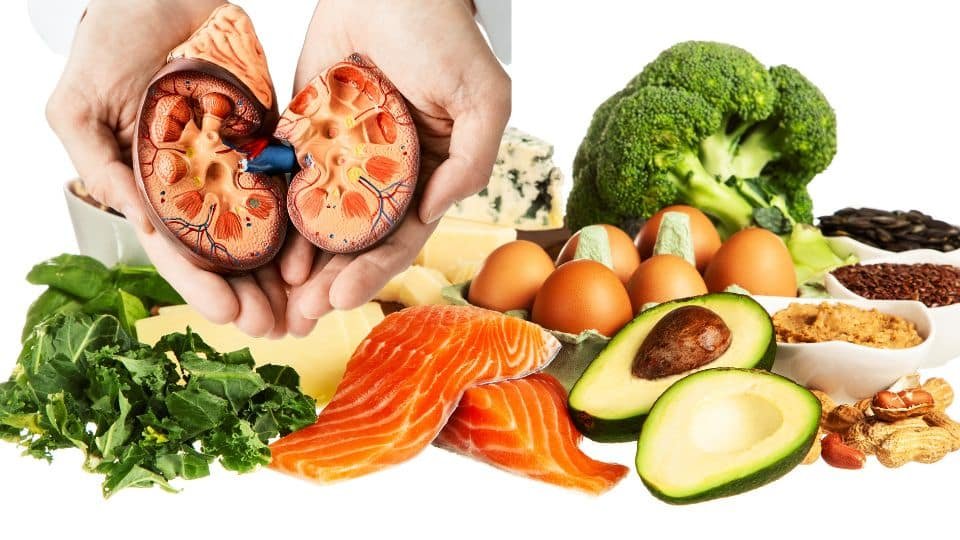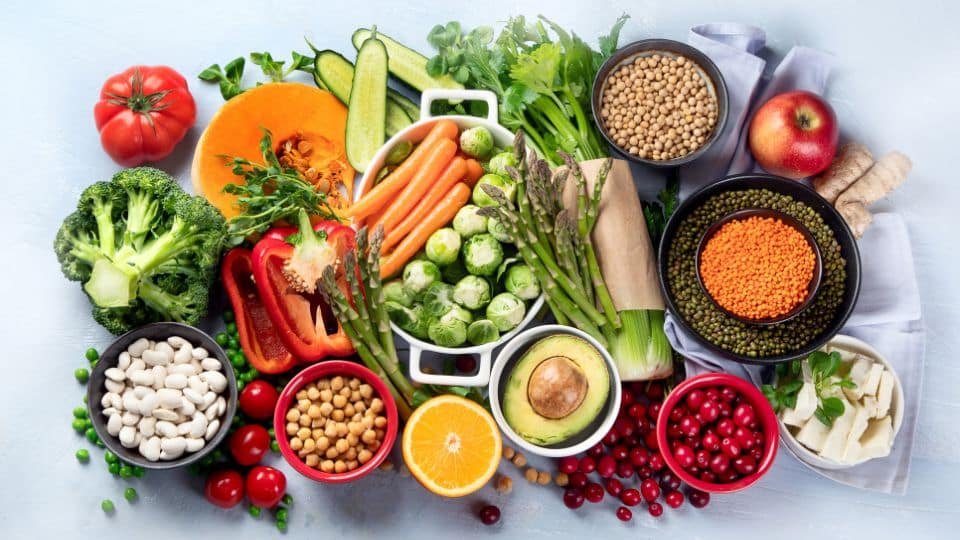Welcome! Today, we have some exciting news from a recent scientific study. An ordinary dietary component known as resistant starch could be key to improving the health of individuals suffering from Non alcoholic fatty liver disease or NAFLD. This study, published in the Journal of Cell Metabolism on September 5, has unveiled some intriguing findings. So, let’s dive right into it.
Imagine a condition affecting about 30% of the world’s population, a condition that can lead to severe liver problems, type 2 diabetes, and cardiovascular diseases. That’s Non alcoholic fatty liver disease for you, caused by a fat buildup in the liver. Until now, there hasn’t been a specific medication to treat it, with doctors typically recommending lifestyle changes. But what if a simple dietary addition could make a significant difference?
Well, researchers wanted to explore exactly that. They suspected that Non alcoholic fatty liver disease might be linked to changes in gut bacteria. So, they conducted a 4-month study involving 200 Non alcoholic fatty liver disease patients. Here’s what they found:
Participants were divided into two groups. One group received a daily dose of resistant starch, while the other received a calorie-matched non-resistant corn starch as a control. Both groups followed a balanced dietary plan crafted by a nutritionist.
After four months, here’s where it gets interesting. Those who received the resistant starch treatment experienced some remarkable improvements.
Their liver triglyceride levels dropped by nearly 40% compared to the control group. Not only that, but they also saw a reduction in liver enzymes and inflammatory factors associated with Non alcoholic fatty liver disease. What’s fascinating is that these benefits remained, even after accounting for any changes in their body weight. This suggests that the effects of resistant starch were independent of weight loss.
You can also view this article: Unlocking The Power of Polyphenols: A Groundbreaking Discovery for a Healthier Future!
Now, you might be wondering how this worked. Well, the researchers dug deeper and found that resistant starch was making remarkable gut changes. Analysis of fecal samples showed that the resistant starch group had a different composition and functionality of gut bacteria compared to the control group. One significant change was the reduced presence of a particular bacterial species called Bacteroides stercoris, known to influence liver fat metabolism through its metabolites.
But here’s the kicker: when they took the fecal microbiota from those who had received the resistant starch treatment and transplanted it into mice on a high-fat, high-cholesterol diet, the mice showed some incredible results. Their liver weight decreased, their liver triglyceride levels dropped significantly, and their liver tissue grading improved compared to mice that received microbiota from the control group.
So, what does all of this mean for us? It means that a simple dietary addition, like resistant starch, could potentially be a game-changer in treating Non alcoholic fatty liver disease. It’s an intervention that’s not only effective but also affordable and sustainable. And the best part? It’s easier to incorporate into a normal, balanced diet compared to some of the more strenuous options out there.
In conclusion, this research opens up exciting possibilities for managing a widespread health issue that has long lacked a targeted pharmaceutical solution. But remember, before making any significant dietary changes or starting a new treatment regimen, it’s crucial to consult with healthcare professionals, especially if you have a medical condition like Non alcoholic fatty liver disease. Stay informed, stay healthy, and who knows what other dietary discoveries await us in the future?
Glossary:
- Non Alcoholic Fatty Liver Disease (NAFLD): A medical condition characterized by fat accumulation in the liver of individuals who consume little or no alcohol. Non alcoholic fatty liver disease can lead to liver problems, type 2 diabetes, and cardiovascular diseases.
- Resistant Starch: A type of dietary fiber that resists digestion in the small intestine and ferments in the large intestine, potentially promoting the growth of beneficial gut bacteria.
- Randomized Controlled Trial: A scientific study design in which participants are randomly assigned to different groups to receive different treatments or interventions. It is used to assess the effectiveness of a particular intervention.
- Liver Triglycerides: A type of fat stored in the liver. Elevated levels of liver triglycerides are associated with liver health issues.
- Liver Enzymes: Proteins produced by the liver that are involved in various metabolic processes. Elevated levels of liver enzymes can indicate liver damage or inflammation.
- Inflammatory Factors: Substances in the body that contribute to inflammation, which are key components of many diseases, including Non alcoholic fatty liver disease.
- Gut Microbiota: The community of microorganisms (bacteria, viruses, fungi, etc.) that reside in the digestive tract and play a crucial role in digestion, metabolism, and overall health.
- Composition and Functionality: Refers to the makeup and activity of gut bacteria, including which types of bacteria are present and how they contribute to bodily functions.
- Metabolites: Small molecules produced during metabolic processes in the body. They can have various effects on health and are influenced by the gut microbiota.
- Transplanted Microbiota: The process of transferring gut bacteria from one organism (or human) to another, often done in research to study the effects of specific microbiota on health.
Journal Reference:
Yueqiong Ni, Lingling Qian, Sara Leal Siliceo, Xiaoxue Long, Emmanouil Nychas, Yan Liu, Marsena Jasiel Ismaiah, Howell Leung, Lei Zhang, Qiongmei Gao, Qian Wu, Ying Zhang, Xi Jia, Shuangbo Liu, Rui Yuan, Lina Zhou, Xiaolin Wang, Qi Li, Yueliang Zhao, Hani El-Nezami, Aimin Xu, Guowang Xu, Huating Li, Gianni Panagiotou, Weiping Jia. Resistant starch decreases intrahepatic triglycerides in patients with NAFLD via gut microbiome alterations. Cell Metabolism, 2023; 35 (9): 1530 DOI: https://doi.org/10.1016/j.cmet.2023.08.002



 By
By










